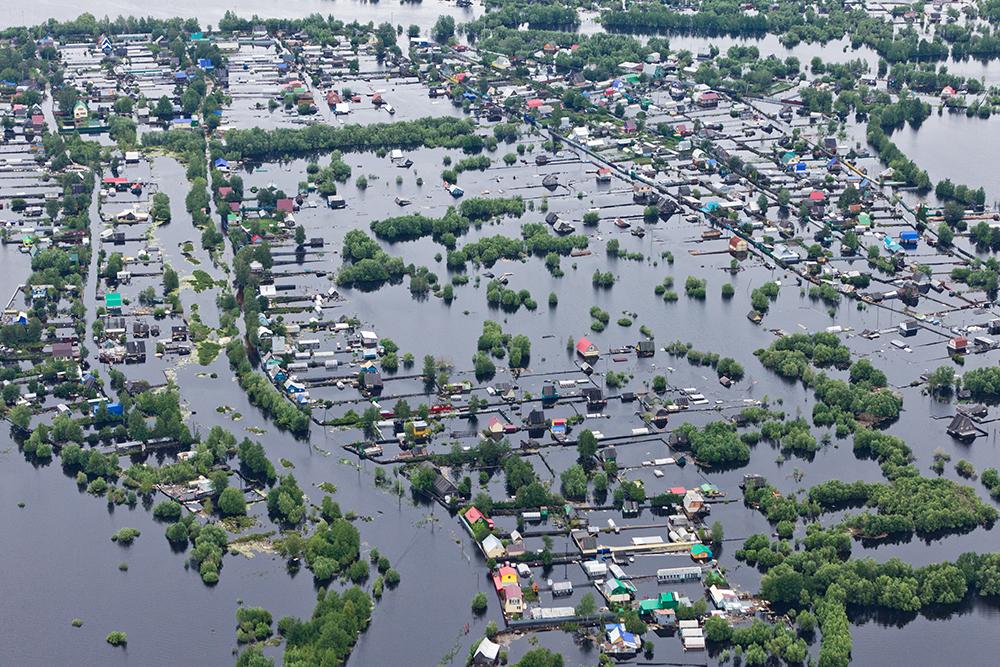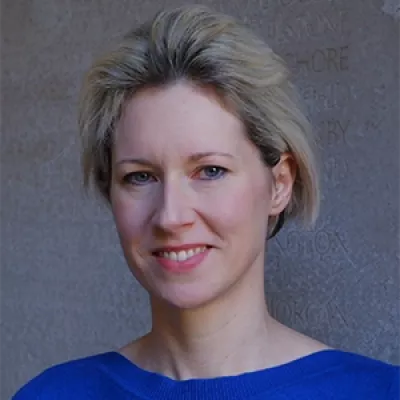Major International Collaboration to Develop Next Generation Global Flood Model

"EvoFlood: The evolution of global flood hazard and risk" is a new £3.7m project that aims to revolutionise our understanding of flood risk.
The project, led by Professor Dan Parsons at the University of Hull, along with Professor Steve Darby at the University of Southampton, represents a collaborative endeavour of 9 UK universities, as well as multiple national and international end-user organisations. The team has been successful in winning major grant funding from the Natural Environment Research Council (NERC).
Dr Louise Slater, Associate Professor in the University of Oxford's School of Geography and the Environment, leads the first work package on the project. Dr Slater said: "The exposure of populations to flooding is increasing in many regions of the world.
Being able to model future changes in flooding is essential so we can adequately protect people and their property".
This 5 year project aims to create the next generation Global Flood Model - a state-of-the-art computer model used to simulate the probability of flooding across the Earth.
Existing models do not yet represent the landscape in sufficient detail. River channels and floodplains are represented as fixed entities, even though they may change over time.
EvoFlood will produce a major advance in the science of predicting global flood hazard and risk by representing the dynamic evolution of river channels and their floodplains.
Overall, the EvoFlood project will address a number of key questions, including:
- To what extent is flooding affected by changes in the shape of river channels and climate change?
- How will global flood hazard change in the future?
- What does this mean for the functioning of Earth's floodplains, which are corridors of life across the globe?
- How do populations respond to flooding, and how can we use this knowledge to inform societal response?
To achieve these ambitious aims, the EvoFlood team will be appointing a total of 9 Researchers during the life of the project covering many aspects of geomorphology, hydrology and numerical modelling.
The outputs of the project, such as new flood hazard and risk maps, will be shared on open platforms, accessible to all, benefiting scientists, policy-makers, humanitarian agencies and societies across the globe.
The EvoFlood team is partnering with a wide range of key stakeholders to ensure that the work will make a positive societal impact.
Sue Manson, Principal Scientist at Environment Agency, said: "The Environment Agency is pleased to be a Project Partner supporting the EvoFlood Project, which aims to develop a new generation of global scale flood models.
"We support the aims of the research programme which is committed to developing practical learning that will benefit current and future generations and I look forward to working with the project team."
Major International Collaboration to Develop Next Generation Global Flood Model
"EvoFlood: The evolution of global flood hazard and risk" is a new £3.7m project that aims to revolutionise our understanding of flood risk. The project, involving the University of Oxford and led by the University of Hull and the University of Southampton, represents a collaborative endeavour of 9 UK universities, as well as multiple national and international end-user organisations.





